Empowering changemakers for gender justice and social transformation: A recap of the Feminist School journey
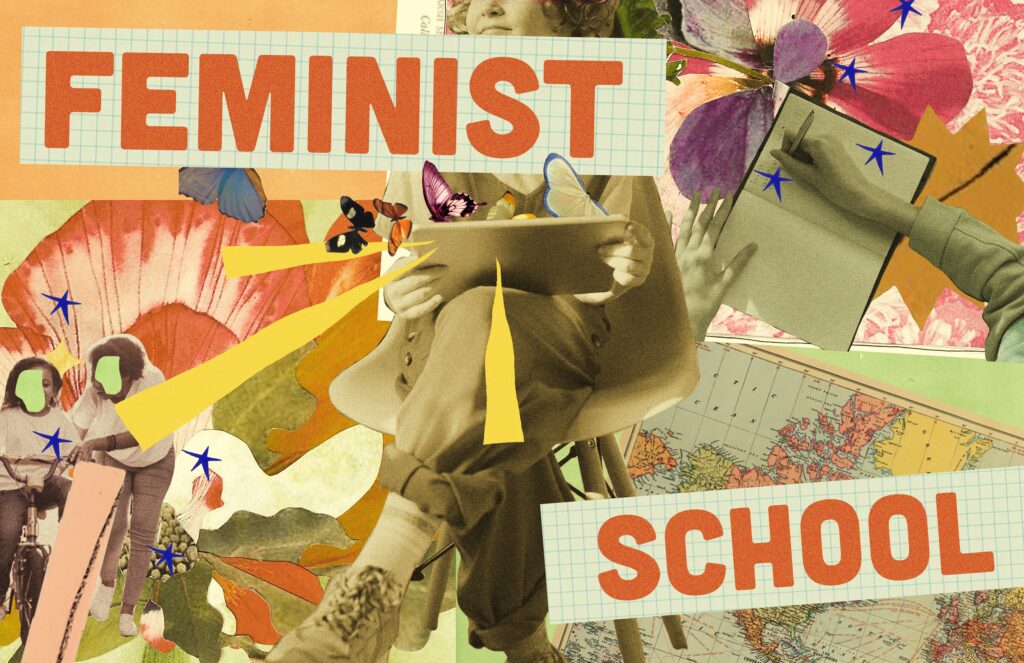
Co-created by the United Nations Girls’ Education Initiative (UNGEI) and Gender at Work, Feminist School was first structured to provide a unique virtual space for young feminist activists from across the world who were interested in deepening their understanding of feminist practices, principles, and approaches via experiential learning to advance gender equality in and through education in their communities.
Gender Equality & Inclusion Conversation Guide
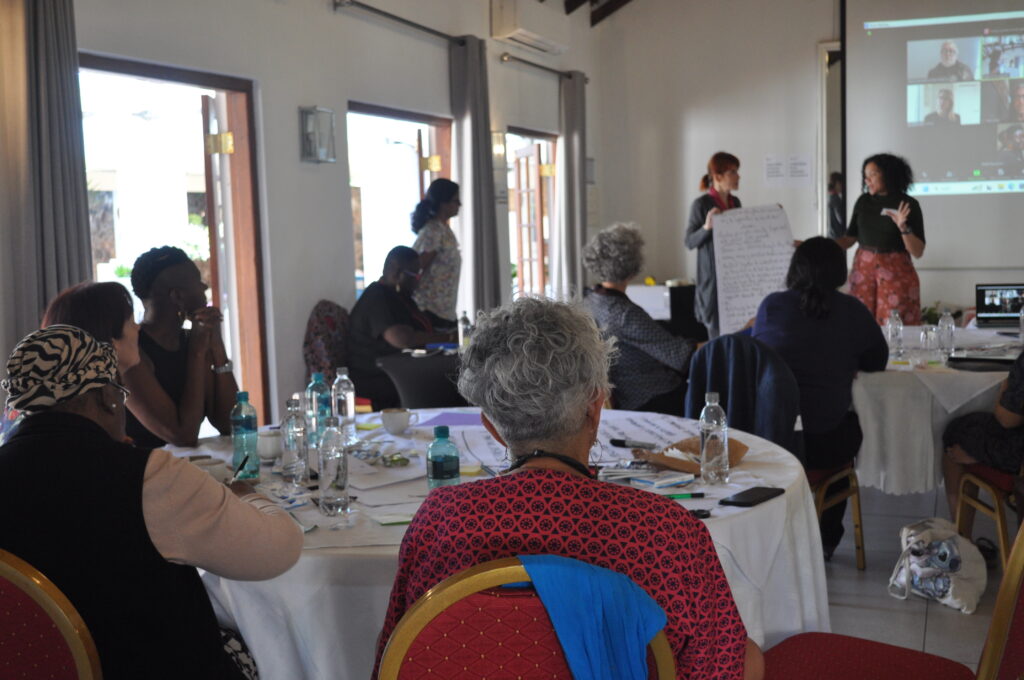
For Gender at Work, the approach we take to gender equality and inclusion work typically focuses on longer-term action learning processes. We value reflective space and aim to create an opportunity for people to work together and to learn from each other over time, and typically tailor our support to meet specific needs.
Balancing on the Cusp

“I’m a hypocrite”, Henry says during a global Gender Action Peer Learning Meeting. He looks troubled and stressed. His body is twisted and taut. His face tormented with pain. It’s as if he’s committed a terrible crime.
What am I trying to do here? Learning to be a consultant in someone else’s world
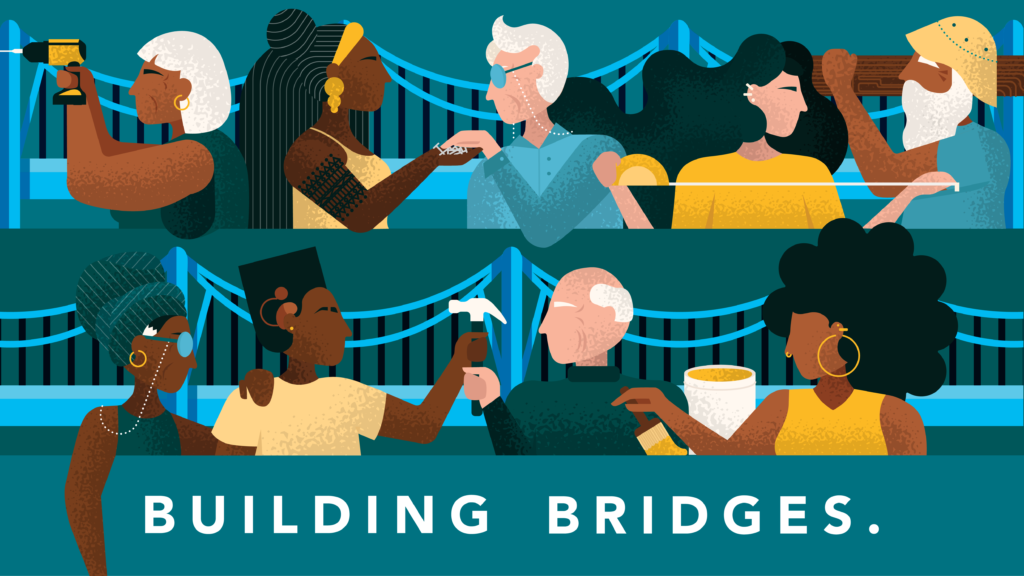
As an organizational consultant, a human rights activist and, for the past 25 years, a women’s rights specialist, I have been in hundreds of rooms in meetings and workshops. My […]
Civil Society Organizations Advancing Social Change in Jharkhand

Discover how the Empowering Civil Society for Social Change in Jharkhand initiative started, meet our partners and watch their stories of change.
Learning from our AI Research and COVID journey: What does it take to have more inclusive and gender responsive AI-driven health research?
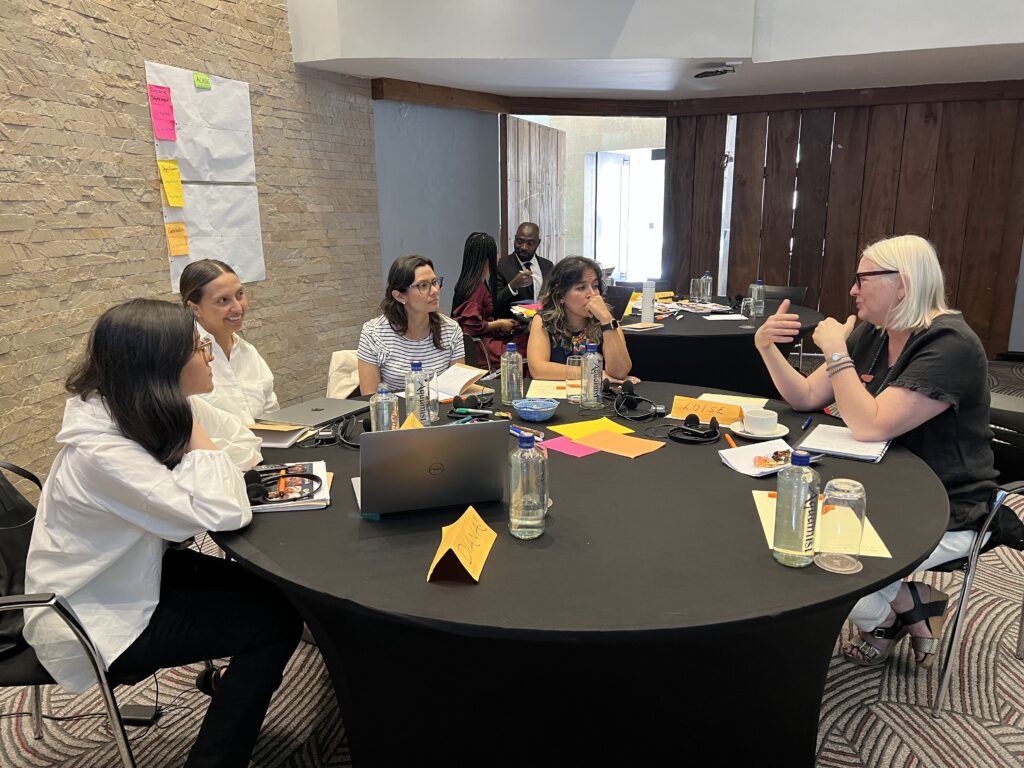
Carol Miller, and Marie-Katherine (Kate) Waller, two Gender at Work Associates, reflect on the key threads of this blog series that emerged from Gender at Work and research grantees’ collaboration in an 18-month gender action learning process in the AI4COVID program.
How do I understand mentoring?
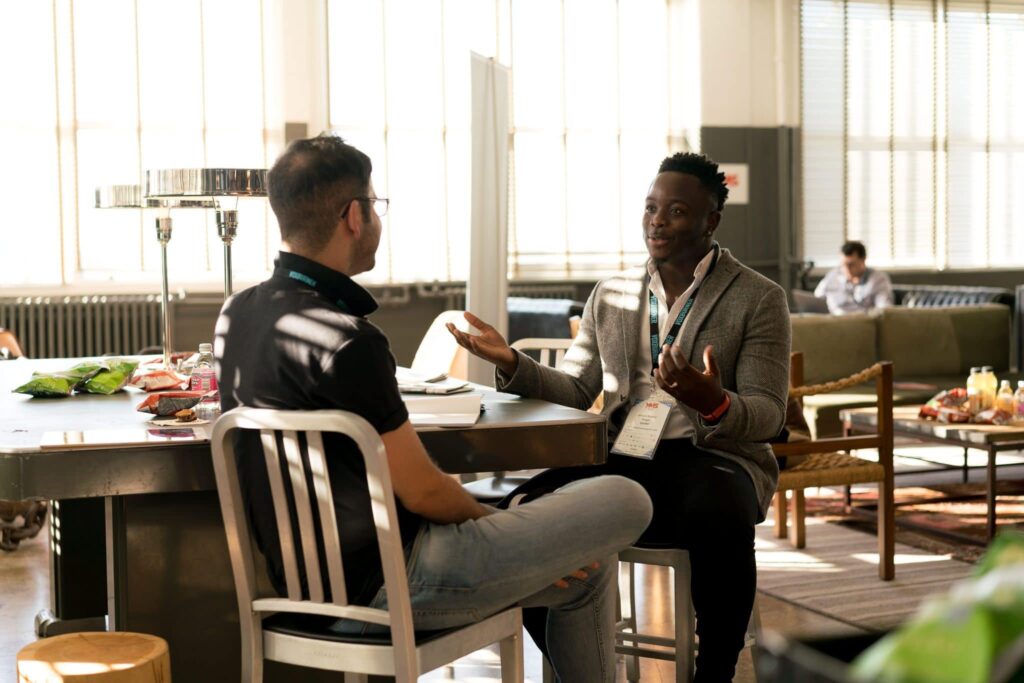
David Kelleher, Gender at Work Senior Associate, reflects about his trajectory, challenges and questions as a mentor in the organizational development space.
Gender and health data on the Venezuelan migrant population in Colombia
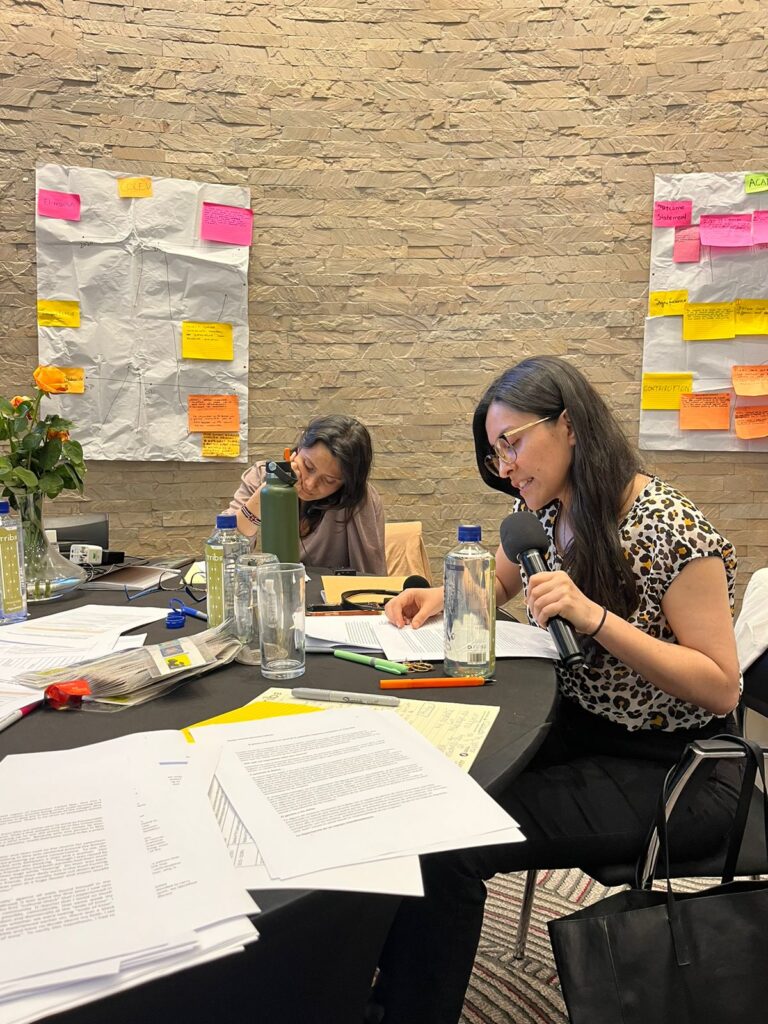
Sandra Patricia Martínez-Cabezas reflects on her research in the COLEV project, which focused on using responsible AI and data science to address COVID-19 challenges in Colombia. She recounts how her research team used health records of Venezuelan migrant populations crossing into Colombia to capture their health issues in national responses. In applying a gender lens, she explored the incompleteness of the data, how it was heavily skewed towards women and children and neglected men’s health.
Meeting the world, the work, and colleagues in new ways: Working emergently in sustaining an online learning community

“The work of exploring how the online space could be used to support a Gender Action Learning (GAL) process involving science granting councils (SGCs) across the African continent, without the opportunity to travel and meet one another, began as an experiment. It also began with this question. ‘What will it take to nurture an intimate, active, engaged, cross-cohort online learning community’?”
Walking Alongside: A practice to transform unequal power relations

“Being able to hear one another’s inner music by listening with the heart is at the centre of an embodied and decolonising practice, a practice that emphasises generosity, openness, reflexivity and ongoing self-critique.”
